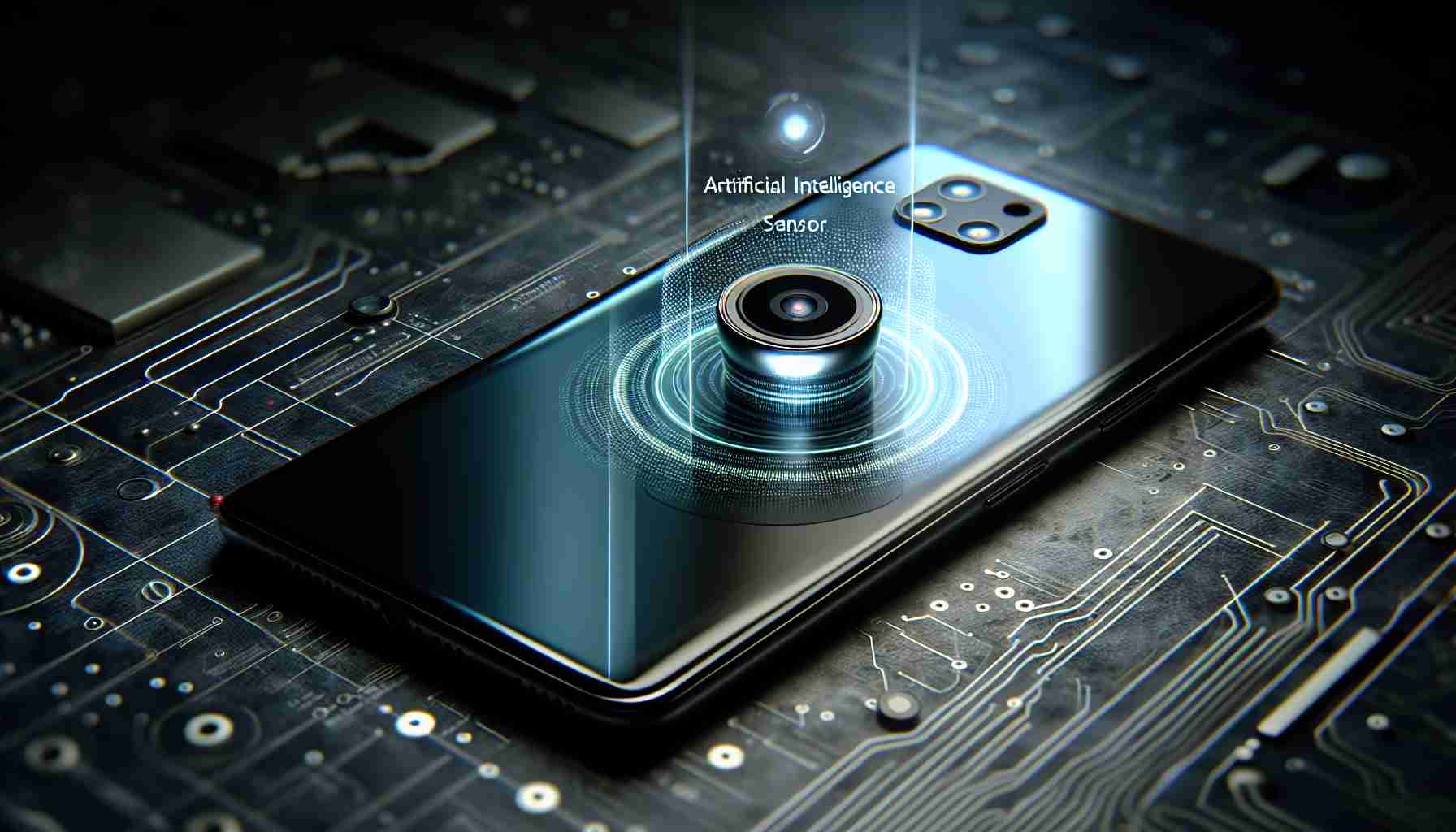Elliptic Labs Launches AI Proximity Sensor in Moondrop’s Newest Release
Elliptic Labs, a pioneering AI software enterprise renowned for its AI Virtual Smart Sensors™, has embarked on a new venture by integrating its cutting-edge INNER BEAUTY® AI Virtual Proximity Sensor™ into the Moondrop MIAD 01 smartphone. This cutting-edge technology is known for its deployment across more than half a billion devices globally.
This latest collaboration follows an established contract with Ant Design Mobile, an inventive Original Design Manufacturer (ODM) recognized for crafting the MIAD 01 for Moondrop Labs. The collaboration marks a continuation of the two companies’ venture to provide sleek sensor solutions in the smartphone industry. Ant Design Mobile has once again paired the AI Virtual Proximity Sensor with MediaTek’s advanced Dimensity 7050 chipset to power the MIAD 01.
Laila Danielsen, CEO of Elliptic Labs, emphasized the strategic importance of partnering with ODMs like Ant Design Mobile. This partnership enables access to economies of scale that rival what larger manufacturers enjoy, paving the way for innovative and eco-friendly tech solutions.
Artificial Intelligence Driven Sensor Offers Cost-Efficient and Risk-Averse Proximity Detection
The AI Virtual Proximity Sensor brings a unique hardware-free solution to accurately detect proximity. It turns off the smartphone screen automatically when held close during a conversation, preventing accidental inputs and conserving battery life. This software-centric approach leads to cost reductions and minimizes sourcing risks, reflecting a shift towards a greener and smarter product design.
About Elliptic Labs
Emerging from its origins as a research offshoot at Oslo University in 2006, Elliptic Labs integrates AI, ultrasound, and sensor fusion technology to deliver a spectrum of sensor solutions. These range from 3D gesture recognition to monitoring vitals such as respiration and heartbeats. Its proprietary AI Virtual Smart Sensor Platform endows devices with sophisticated capabilities while upholding sustainability and user-centric values. With Norway as its home base, Elliptic Labs operates on a global scale, maintaining its proprietary tech and IP.
What are the key aspects of the new AI Virtual Proximity Sensor technology integrated into the Moondrop MIAD 01 smartphone?
The AI Virtual Proximity Sensor technology by Elliptic Labs is designed to offer a hardware-free solution for accurately detecting proximity. It operates by turning off the smartphone screen when the device is held close to the user’s face during a call, preventing unintended touches and extending battery life. This innovative approach also leads to cost savings and lower risk in the supply chain by reducing reliance on physical components.
What are the potential challenges or controversies associated with AI Virtual Sensor technology?
One challenge of AI-based sensor technology includes ensuring privacy and security as these sensors process user data. The technology must be designed to handle sensitive user data in a secure manner, in line with privacy regulations and standards. Additionally, sensor accuracy and the potential for occasional false positives or negatives could pose user experience challenges.
There might also be controversies regarding the technology’s adoption rate, as it diverges from the conventional hardware-based sensors that manufacturers and consumers are accustomed to. Convincing the market of the reliability and efficacy of AI Virtual Sensor technology is crucial for its widespread acceptance.
What are the advantages of the AI Virtual Proximity Sensor?
Advantages:
– Cost Efficiency: By relying on a software solution rather than physical hardware, manufacturers can reduce production costs.
– Design Flexibility: Removing the need for additional hardware can contribute to slimmer, more aesthetically pleasing smartphone designs.
– Eco-Friendly: A reduction in raw materials and the environmental footprint associated with manufacturing processes.
– Battery Life Extension: The AI sensor efficiently manages the smartphone’s display, potentially enhancing battery life.
What are the disadvantages of the AI Virtual Proximity Sensor?
Disadvantages:
– Dependence on Software: The potential for software glitches or the need for updates could impact sensor performance.
– Consumer Skepticism: Convincing users of the reliability and accuracy of a non-physical sensor may be challenging.
– Integration: Ensuring compatibility with a wide range of devices and mitigating the technology learning curve for ODMs and OEMs.
For more information on Elliptic Labs and their solutions, you can visit their website: Elliptic Labs. For details on MediaTek’s chipsets, their official website may offer insightful resources: MediaTek.
